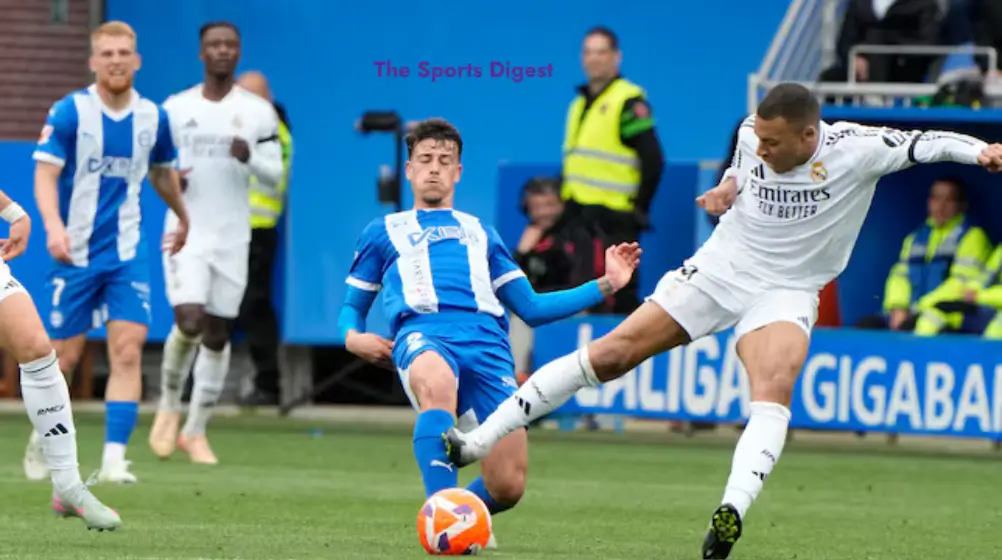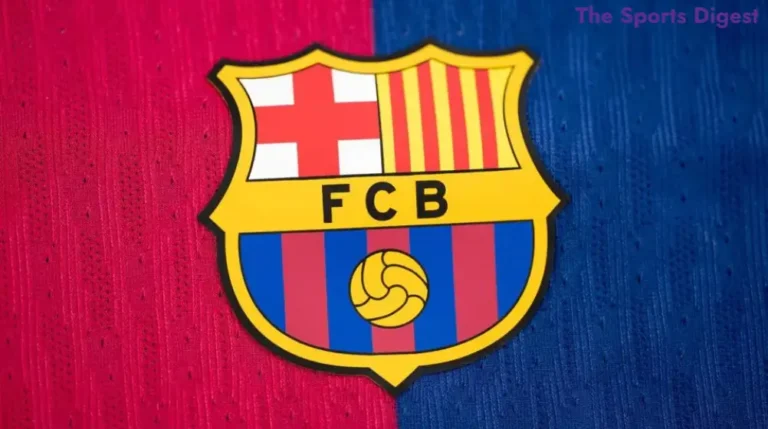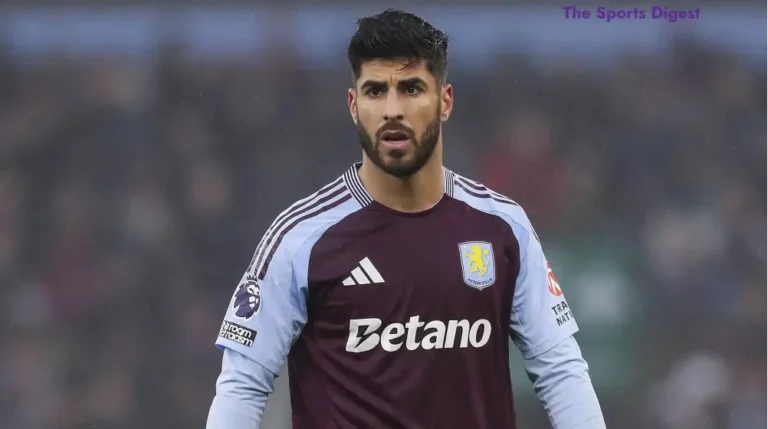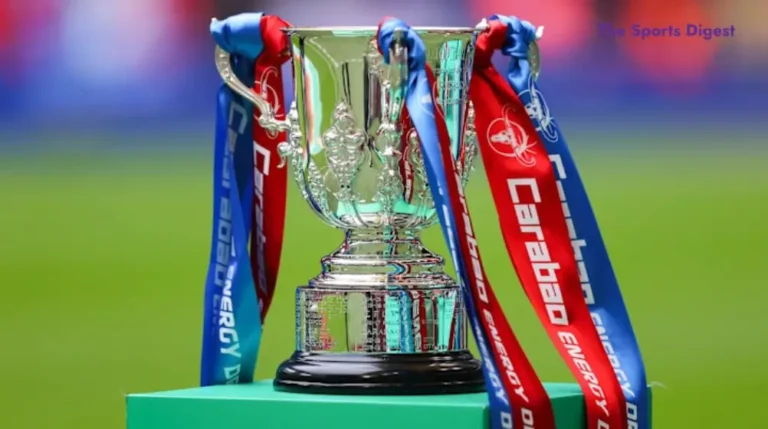Alavés Battle: Real Madrid’s Gritty Win
Alavés hosted Real Madrid at Mendizorroza in a critical La Liga fixture, especially as it preceded their monumental Champions League clash with Arsenal. The match against Alavés was characterized as a “prólogo with thorns” to the attempted comeback against Arsenal, with the potential victory offering a much-needed “dopamine shot” before scaling the “Himalaya” that awaited them in European competition.
Carlo Ancelotti made a “híbrida” (hybrid) decision for this fixture, opting to leave Vinicius Jr. on the bench—a move designed partly to rest the Brazilian star and partly to provide him with a period of reflection following an unusual dip in form. The absence of Vinicius meant Real Madrid “compareció” (appeared) in Vitoria without one of their most dynamic attacking threats.
Kylian Mbappé also found himself excluded from the starting lineup, described as being in “régimen de aislamiento” (isolation regime) when faced with Alavés’s notably aggressive defense. Tactically, Real Madrid deployed a conservative 4-1-4-1 formation, prioritizing defensive solidity but at the cost of attacking creativity, resulting in a “poco creativo” (minimally creative) approach.
The hosts, reinvigorated under new coach Eduardo Coudet, displayed “fiereza y máxima atención” (ferocity and maximum attention) from the outset, launching an opening ten minutes of “alto voltaje” (high voltage) as they attempted to seize an early advantage.
Table of Contents
Alavés vs Real Madrid: First Half Moments
The match’s early exchanges featured a significant missed opportunity by Arda Güler, who failed to capitalize on an excellent long pass from Antonio Rüdiger, attempting an ambitious chip that ultimately went “nowhere.” This was followed by more controversy when Real Madrid thought they had taken the lead through Asencio from a Rodrygo corner, only for VAR to intervene and disallow the goal. The review determined that Rüdiger had fouled Alavés goalkeeper Owono, preventing him from challenging for the ball.
Alavés responded with a notable chance of their own through Carlos Vicente, whose curling effort lacked the required bend to trouble the Madrid goalkeeper.
The deadlock was finally broken by Eduardo Camavinga, who benefited from excellent ball circulation involving Federico Valverde and Arda Güler. The young Frenchman’s precise left-footed finish from the edge of the area underscored the advantages of his interior midfield positioning, which minimizes his defensive responsibilities—a known weakness in his game.
Alavés: Mbappé’s Red Card Impact
The complexion of the match changed dramatically when Kylian Mbappé, who had appeared disconnected and combative throughout his time on the pitch, “lost his head” with a reckless challenge on Alavés player Blanco. Mbappé planted his studs into Blanco’s shin in what was described as a brutal and inexplicable action, leading to a VAR review and subsequent red card.
This dismissal forced Ancelotti to reorganize, leaving Güler as the lone forward and severely limiting Real Madrid’s attacking options. The team’s offensive threat was largely confined to Rodrygo’s individual efforts on the left wing—his preferred position.
The numerical disadvantage condemned Real Madrid to a prolonged period of defensive resistance, a physically demanding scenario that threatened to induce fatigue before their crucial Arsenal encounter. Following Mbappé’s dismissal, Real Madrid’s defensive approach shifted from a low block to a very low block, with the team struggling to escape their own defensive third after the interval.
Second Half Developments
Despite their numerical advantage and increased territorial dominance, Alavés struggled to convert pressure into clear-cut opportunities—a chronic affliction for teams in the lower reaches of La Liga. Their best chances came through headers from Toni Martínez and Kike García, neither of which troubled the goalkeeper seriously.
Recognizing the need for reinforcement, Ancelotti introduced key figures Jude Bellingham and Vinicius Jr. from the bench. Real Madrid’s defensive performance displayed remarkable solidarity and organization, with particularly strong showings from the center-backs and full-backs Lucas Vázquez and Fran García—both considered ‘B’ team players who would serve as substitutes at the Emirates. This defensive discipline, alongside standout contributions from Valverde and an improved Camavinga, proved decisive in securing the result.
The match’s complexion shifted again with twenty minutes remaining when Alavés was also reduced to ten men. Manu Sánchez fouled Vinicius Jr., catching the Brazilian with his studs on the calf. Referee Soto Grado, who had a “disastrous” afternoon according to reports, initially missed the incident, but VAR intervention resulted in a red card. While deemed less severe than Mbappé’s challenge, the foul was still judged worthy of dismissal.
Refereeing controversies dominated much of the narrative, with multiple VAR interventions including the disallowed goal and both red cards. The situation became so heated that the referee temporarily halted proceedings due to crowd protests regarding his decisions, even utilizing the stadium’s public address system to restore order.
With numerical parity restored, Real Madrid settled into a more possession-oriented approach in the closing stages. The intelligent play of Vinicius and Bellingham helped keep Alavés at bay, though Bellingham did squander a significant chance to double the advantage.
In the final minutes, Ancelotti gave playing time to Dani Ceballos, potentially with an eye on future fixtures. Real Madrid ultimately secured a victory that, while not spectacular, was sufficient to maintain their competitive position in the league race—an outcome appreciated by both the traveling supporters and Ancelotti himself.
Post-Match Analysis and Implications
The three points notwithstanding, Real Madrid’s performance was characterized as a hard-fought, “obrero” (working-class) effort. The team appeared “poco creativo” throughout and neither “cold nor hot” in terms of their overall play, lacking the brilliance often associated with Los Blancos.
However, the match highlighted Real Madrid’s capacity for defensive discipline—a quality that proved decisive in securing the win. The physically demanding nature of the contest raised concerns about potential fatigue ahead of the crucial Champions League clash with Arsenal.
As attention turns to European competition, it’s clear that a significantly stronger performance (“la gesta”) will be required against Arsenal if Real Madrid are to mount a successful comeback. This workmanlike victory against Alavés served its immediate purpose of securing league points, but the real test awaits at the Emirates Stadium.
Have you ever read an article like this?
There are no reviews yet. Be the first one to write one.






